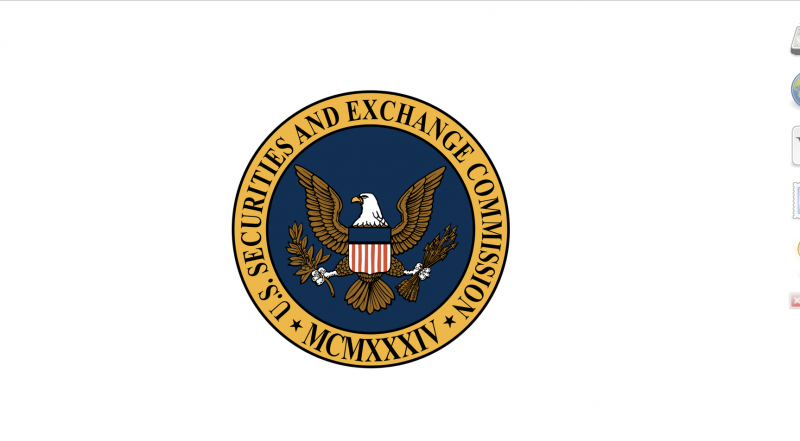
ATR President Grover Norquist sent a letter to Speaker Nancy Pelosi (D-Cal.) and Minority Leader Kevin McCarthy (R-Cal.) expressing his strong opposition to Rep. Ben McAdams’ (D-U.T.) legislation, H.R. 4344. This legislation would overturn a unanimous Supreme Court decision and allow members of Congress to push precedent aside and allow the Securities and Exchange Commission to target businesses with little deference toward due process and allowing for pending complaints to remain dormant for over a decade.
H.R.4344 would expand the SEC’s statute of limitations for disgorgement claims from 5 years to 14 years, a new threshold that provides an avenue for greater power centralized at the Commission. In the letter, Norquist voices concern that this legislation would heighten compliance costs, costs that would be passed on to the investors saving for retirement at a time when the cost to retire comfortably continues to rise.
The full letter can be found here and below.
The Honorable Nancy Pelosi, Speaker
US House of Representatives
H-323, The Capitol
Washington, DC 20515
The Honorable Kevin McCarthy, Minority Leader
H-204, The Capitol
US House of Representatives
Washington, DC 20515
Dear Speaker Pelosi and Minority Leader McCarthy:
I write in strong opposition to H.R. 4344, a bill to amend the Securities Exchange Act of 1934 to allow the Securities and Exchange Commission to seek and Federal courts to grant disgorgement of unjust enrichment, and for other purposes. This legislation would do little to protect investors and instead would expand the SEC’s authority. H.R. 4344 would create uncertainty within the marketplace as investors would begin operating under the assumption that future statutes of limitations established by legal precedent are movable and can be changed on a political whim. Should this legislation become law, those saving for retirement will be expected to pick up the tab for the additional regulatory burdens placed on businesses.
In 2017, the Supreme Court agreed to hear Kokesh v. SEC, in which the question before the Court was whether the SEC has the authority to seek the repayment of funds through disgorgement after a five-year statute of limitations has expired. The Supreme Court unanimously held that “Disgorgement, as it applied in SEC enforcement proceedings, operates as a penalty under Section 2462. Accordingly, any claim for disgorgement is an SEC enforcement action must be commenced within five years of the date the claim accrued.”
Under current law, the SEC is required to bring disgorgement claims within 5 years of an alleged violation. This promotes effective deterrence and provides the SEC with more than enough time to discover violations of securities laws and file complaints in a timely manner. Anything longer would undermine the due process rights of defendants and hamper their ability to address the claims.
If H.R. 4344 were to be enacted, Congress will have effectively overturned a unanimous decision by the Supreme Court. Additionally, this bill will expand the SEC’s authority to target businesses with little deference toward due process that allows pending complaints to remain dormant for over a decade.
For these reasons, I oppose H.R. 4344 and encourage Representatives to vote against this legislation as it would restrict the due process rights of businesses and investors. I worry H.R. 4344 provides a gateway for future legislation that moves the goal posts of due process and provides even greater power to government regulators over legally operating businesses. This would be a slippery slope for the rule of law.
Sincerely,
Grover G. Norquist
President, Americans for Tax Reform

